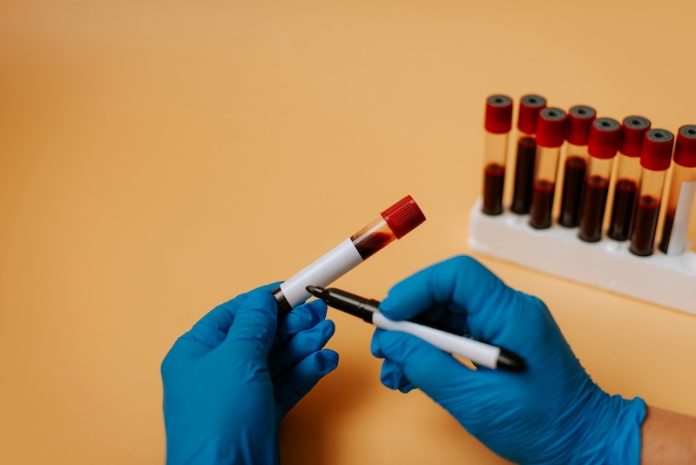
For nearly 60 years, blood cholesterol tests have been the gold standard for identifying people at risk for heart disease.
But a new large-scale study, led by researchers from Chalmers University of Technology in Sweden and Harvard University in the U.S., suggests that measuring two specific blood markers—apoB and lipoprotein(a)—could provide a clearer and more accurate picture of a person’s heart disease risk than traditional cholesterol tests alone.
Heart disease is the leading cause of death worldwide, according to the World Health Organization. Many cases can be prevented through early detection and lifestyle changes, such as improving diet, exercising more, and quitting smoking. That’s why accurate tests are so crucial.
Cholesterol and Its Carriers
Cholesterol is a fat-like substance in the blood that our bodies need to build cells and produce hormones. But when there’s too much, it can build up in blood vessels and form plaques. If one of these plaques ruptures, it can lead to a heart attack or stroke.
Cholesterol travels through the bloodstream inside tiny particles called lipoproteins. Some lipoproteins are harmful—these carry cholesterol that sticks to blood vessel walls and are known as “bad cholesterol.” Others help remove excess cholesterol and are considered “good cholesterol.”
Of the four main lipoprotein types, three carry a protein called apolipoprotein B (apoB). These are the ones most linked to heart disease. Instead of focusing only on the cholesterol inside these particles, the new study examined the number of lipoproteins that carry the harmful cholesterol.
Why Counting Carriers May Be Better
Lead author Dr. Jakub Morze explained that even if two people have the same cholesterol level, their risk may differ if one has more lipoprotein particles in their blood. The study set out to see which mattered more: the total cholesterol or the number of cholesterol-carrying particles.
To find out, the team analyzed blood samples from over 200,000 healthy individuals from the UK Biobank. They used advanced testing to measure the number, size, and type of cholesterol-carrying lipoproteins. Then they followed participants for up to 15 years to track who developed heart disease. They also confirmed their findings in a second Swedish study called SIMPLER.
The result? ApoB count was the strongest and most reliable predictor of heart disease. This marker, which reflects the number of “bad cholesterol” particles, was more accurate than standard cholesterol tests in identifying individuals at risk—especially in the roughly 1 in 12 patients where traditional tests failed to spot the danger.
Since about 20% to 40% of first-time heart attacks or strokes are fatal, this improved accuracy could be lifesaving.
An Overlooked Risk: Lipoprotein(a)
The researchers also highlighted another important risk marker: lipoprotein(a). This form of “bad cholesterol” is inherited genetically and tends to be very high in a small portion of the population. Although it makes up less than 1% of all harmful lipoproteins in most people, in some it is dangerously elevated—significantly increasing the risk of heart disease.
This means that for the most complete assessment of heart disease risk, it’s important to measure both apoB and lipoprotein(a).
Implications for Future Testing
The good news is that tests for both markers already exist and are affordable and easy to use. According to study co-author Dr. Clemens Wittenbecher, they could be implemented widely in clinical settings to improve how we identify and manage heart disease risk.
Traditional cholesterol tests are still useful and generally effective. But switching to apoB and lipoprotein(a) testing could provide doctors with more precise tools—especially for people who might otherwise be overlooked.
As heart disease continues to be a major global health threat, these findings may lead to a new standard of care in how we test, treat, and ultimately prevent cardiovascular disease.
If you care about heart disease, please read studies that herbal supplements could harm your heart rhythm, and how eating eggs can help reduce heart disease risk.
For more health information, please see recent studies that apple juice could benefit your heart health, and results showing yogurt may help lower the death risks in heart disease.
The research findings can be found in European Heart Journal.
Copyright © 2025 Knowridge Science Report. All rights reserved.



